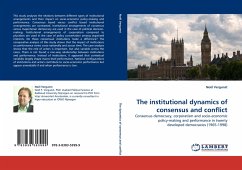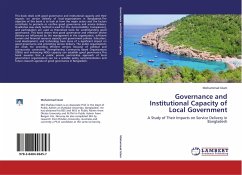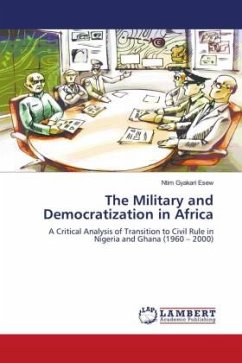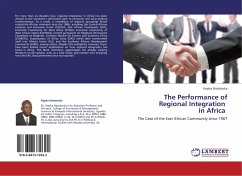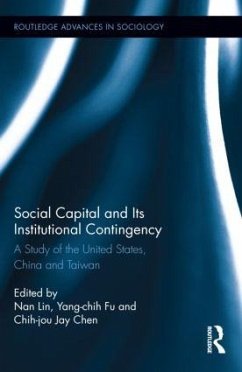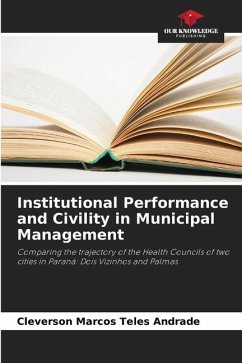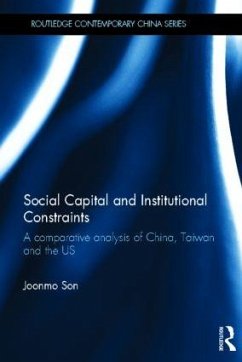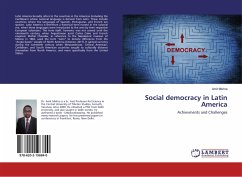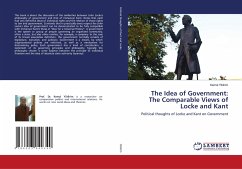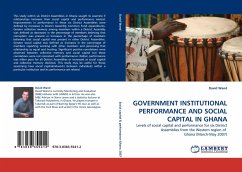
GOVERNMENT INSTITUTIONAL PERFORMANCE AND SOCIAL CAPITAL IN GHANA
Levels of social capital and performance for six District Assemblies from the Western region of Ghana (March-May 2007)
Versandkostenfrei!
Versandfertig in 6-10 Tagen
52,99 €
inkl. MwSt.

PAYBACK Punkte
26 °P sammeln!
This study within six District Assemblies in Ghana sought to examine if relationships between their social capital and performance existed. Improvements in performance in these six District Assemblies were defined by increases in District Assembly Common Fund expenditures. Greater collective memory among members within a District Assembly was defined as decreases in the percentage of members believing that corruption was present or increases in the percentage of members believing that social capital was present in other District Assemblies. Greater social capital was defined as increases in th...
This study within six District Assemblies in Ghana sought to examine if relationships between their social capital and performance existed. Improvements in performance in these six District Assemblies were defined by increases in District Assembly Common Fund expenditures. Greater collective memory among members within a District Assembly was defined as decreases in the percentage of members believing that corruption was present or increases in the percentage of members believing that social capital was present in other District Assemblies. Greater social capital was defined as increases in the percentage of members reporting working with other members and perceiving that relationship as equal and trusting. Significant positive correlations were observed between collective memory and social capital but these correlations were not consistent with performance. Rather, performance was either poor for all District Assemblies or increased as social capital and collective memory declined. This study may be useful for those examining how social capital/networks between individuals within a particular institution and its performance are related.



